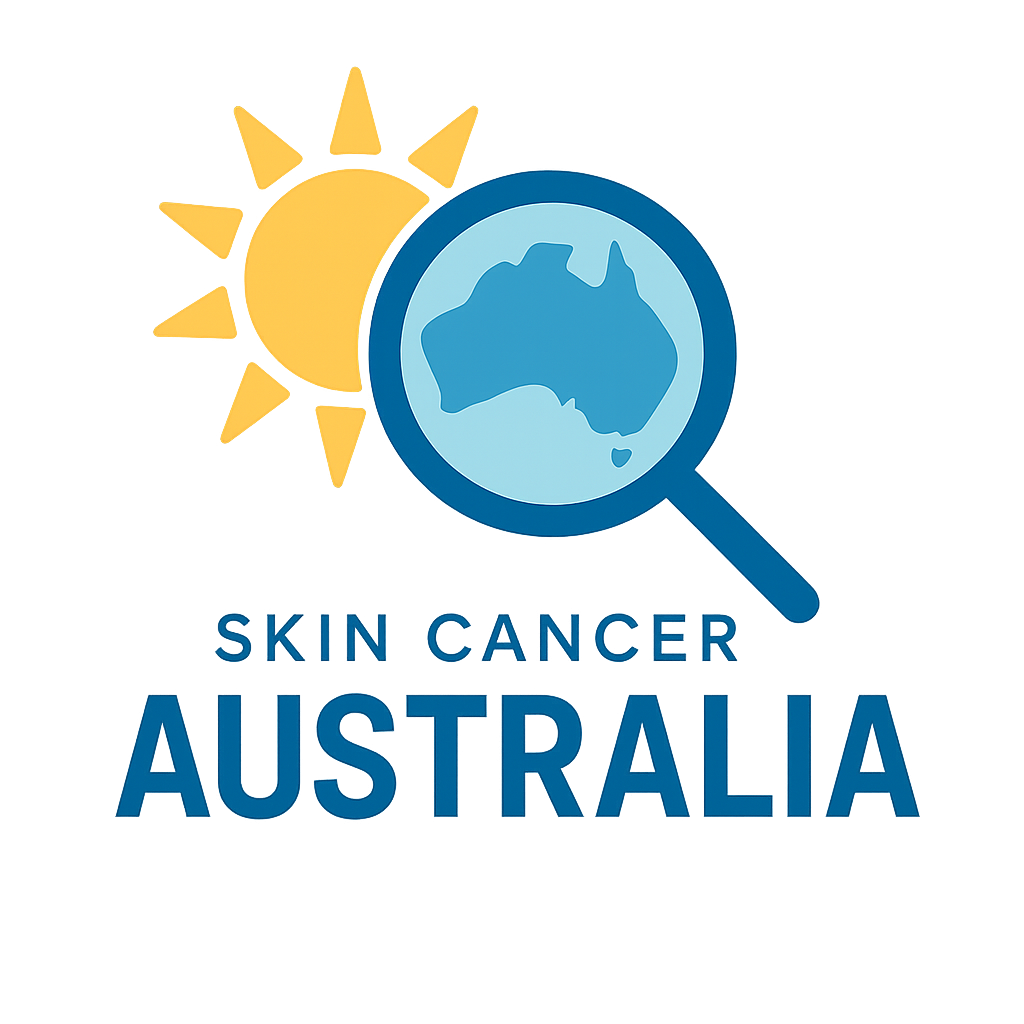Vitamin B3 (Niacinamide) and Skin Cancer Prevention: What Australians Need to Know
Australia has the highest rate of skin cancer in the world, making skin cancer prevention a public health priority. Recent scientific findings have spotlighted the role of vitamin B3 (specifically, its form known as niacinamide) in reducing skin cancer risk. This article explores the evidence behind niacinamide’s protective effects and how it may complement existing measures like regular skin checks, sun protection, and early detection.
What is Niacinamide?
Niacinamide, also known as nicotinamide, is a form of vitamin B3. It’s a water-soluble vitamin found in foods such as meat, fish, nuts, and green vegetables. It also comes in supplement form and is commonly used in dermatology due to its anti-inflammatory and DNA-repair enhancing properties.
Scientific Evidence: How Niacinamide Helps Prevent Skin Cancer
1. DNA Repair and Immune Protection
According to a 2023 systematic review and meta-analysis published in Photodermatology, Photoimmunology & Photomedicine, niacinamide supports cellular repair mechanisms after UV radiation exposure. It enhances DNA repair and prevents UV-induced immunosuppression, a key factor in skin carcinogenesis.
2. Reduced Skin Cancer Recurrence
The landmark ONTRAC trial (2015) was a double-blind, randomised, placebo-controlled study in Australia that demonstrated niacinamide’s effectiveness in reducing non-melanoma skin cancer (NMSC). Participants at high risk of skin cancer who took 500 mg of niacinamide twice daily for 12 months experienced a 23% reduction in new NMSC lesions compared to placebo.
3. Effectiveness in High-Risk Individuals
Further studies confirmed that niacinamide is particularly beneficial for people with a history of actinic keratoses, basal cell carcinomas, or squamous cell carcinomas. Importantly, it is well tolerated with minimal side effects and does not cause skin flushing like its counterpart, nicotinic acid.
How Niacinamide Works in Skin Cancer Prevention
-
Reduces UV-induced DNA damage
-
Prevents depletion of cellular energy (ATP) after sun exposure
-
Enhances immune response to abnormal cells
-
Decreases inflammatory cytokines that may promote tumour growth
These mechanisms collectively help maintain healthy skin and prevent cancerous transformations.
Can Niacinamide Replace Skin Checks?
While niacinamide offers promising protective benefits, it is not a substitute for regular skin checks, especially for people living in sun-intense areas like Melbourne, Victoria. According to Professor Rodney Sinclair’s guidelines from the Australian Family Physician, skin cancer checks remain a vital tool in detecting early-stage cancers, particularly among high-risk individuals201207sinclair.
A skin cancer clinic in Melbourne, such as Mole Check Australia, is ideal for individuals seeking regular mole removal, wart removal, or sun spot removal. These services, combined with niacinamide supplementation and sun protection, create a strong defence against skin cancer.
Recommendations for Melbourne Residents
If you live in Melbourne and have:
-
Fair skin (Type I or II),
-
A history of sunburn or outdoor work,
-
Over 100 moles or a family history of melanoma,
-
Previously had skin cancer,
You may be a candidate for niacinamide supplementation and should consider regular skin cancer screening in Melbourne clinics.
Suggested Regimen:
-
Niacinamide 500 mg twice daily (check with your GP before starting)
-
Annual skin cancer check at a trusted skin cancer clinic in Melbourne
-
Sun protection (broad-brimmed hat, SPF 50+ sunscreen, UV-protective clothing)
-
Self-examinations every 3–6 months for new or changing lesions
The Future of Skin Cancer Prevention
As more evidence emerges, niacinamide may soon become a mainstream recommendation for Australians at risk of skin cancer. Inexpensive, widely available, and easy to use, it offers a compelling addition to our national SunSmart efforts.
However, it’s essential to treat it as part of a broader prevention plan that includes clinical expertise. Skin checks by experienced practitioners remain a cornerstone of prevention and early intervention.
Conclusion
Vitamin B3 in the form of niacinamide represents a promising ally in the fight against skin cancer. For those in Melbourne, combining niacinamide with regular visits to a skin cancer clinic, sun safety, and vigilance could significantly reduce your skin cancer risk.
If you’re concerned about your skin or considering niacinamide, speak to your GP or book a skin check in Melbourne today.
References
-
UNSW Newsroom. “Vitamin B3 (niacinamide) and reducing skin cancer risk.” (2022)
-
Kim B. et al. “Photoprotection and skin cancer prevention with nicotinamide: A systematic review.” Photodermatol Photoimmunol Photomed. 2023. PMID: 37673852.
-
Chen AC. et al. “A phase 3 randomized trial of nicotinamide for skin-cancer chemoprevention.” N Engl J Med. 2015. PMID: 24635573.
-
Sinclair R. “Skin checks.” Aust Fam Physician. 2012;41(7):464–469.
